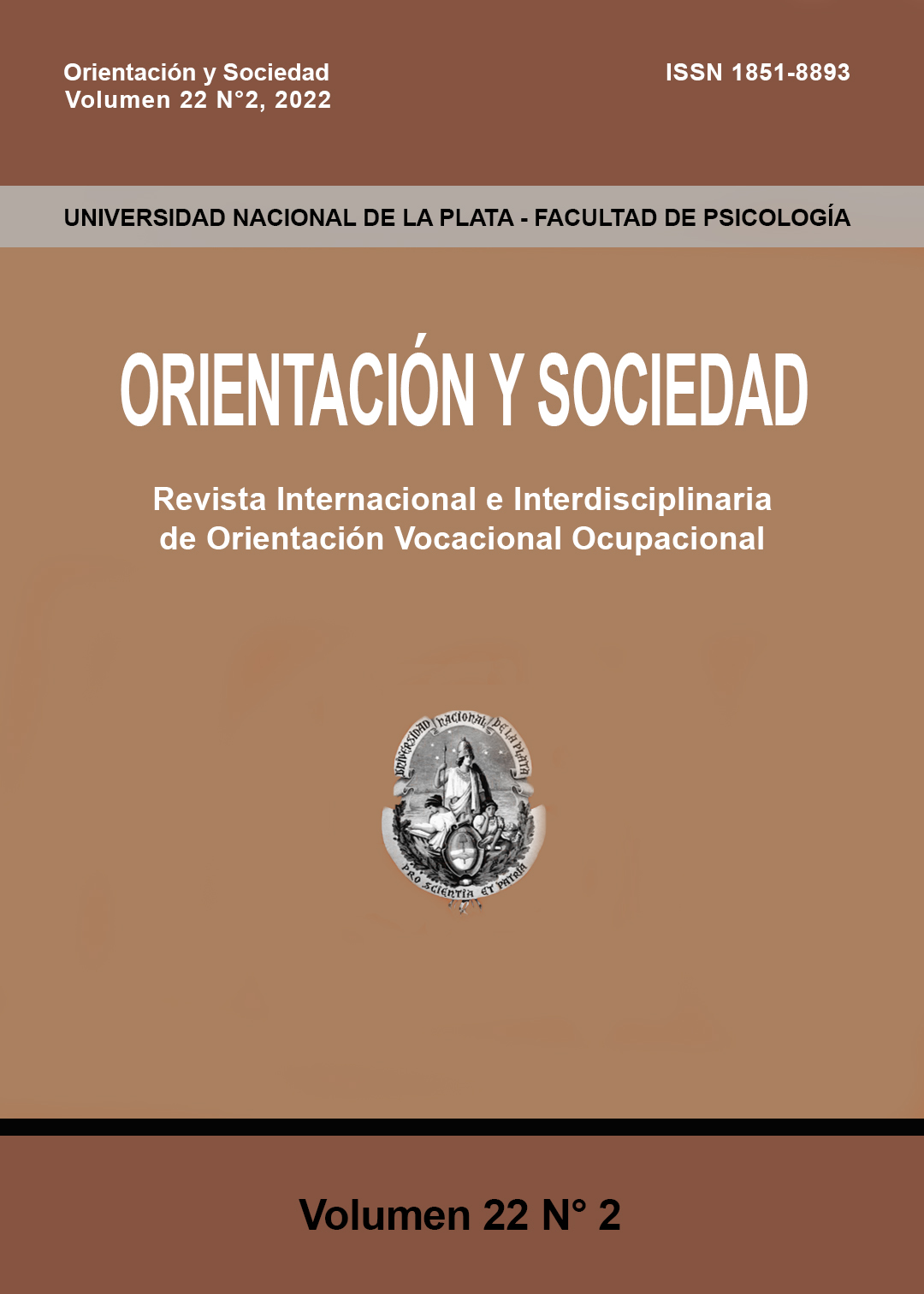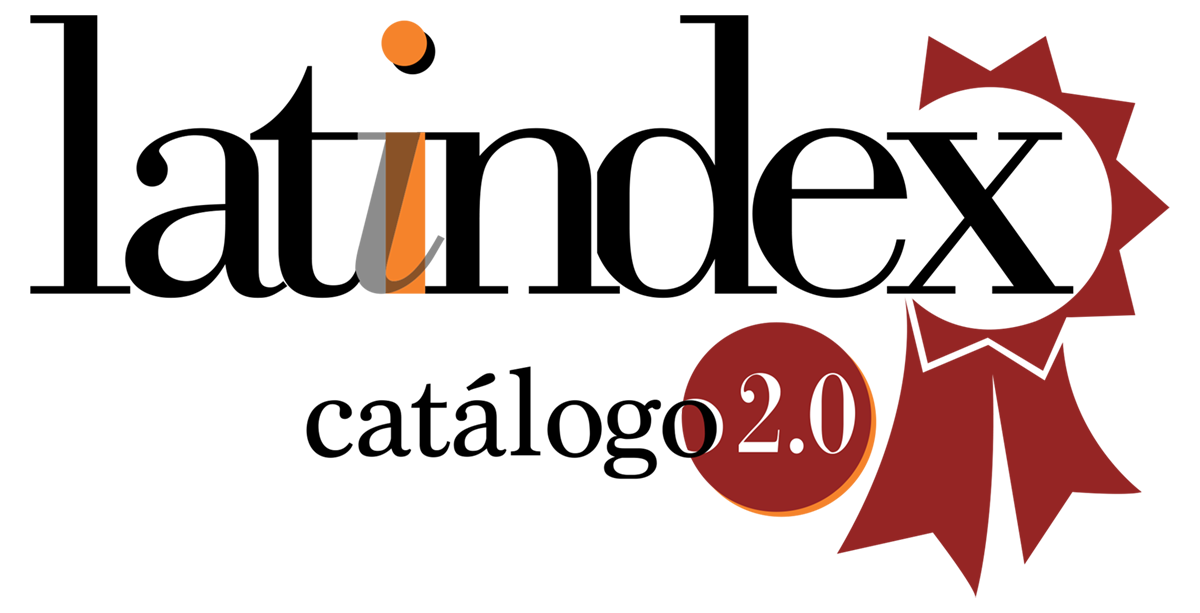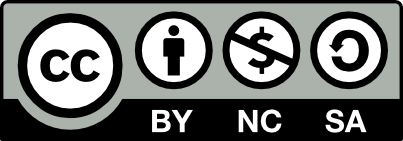A new atypical work or specific type of employment
DOI:
https://doi.org/10.24215/18518893e049Keywords:
new technologies, plataforms, algorithms, work flexible, contract lawAbstract
The present work is referred to the new computerized technologies that have enabled the creation of organizations, most of which are transnational, that are not under the requirements of traditional companies. In this case, it is about service companies through platforms and algorithms. The main activities consist of intermediating through electronic devices. The work mode is flexible and non-salaried; it is considered precarious work. These companies, using the strategy nor employer nor employees, were implanted in the world outside legality, not only labor but fiscal and tax legality. A review of the different types of services that exist in our country is performed. The company is the largest collector, since it is not responsible for any of the social charges. This mode of work through platforms was imposed with greater intensity during the pandemic. Social protection, health care and work risks are workers’ responsibility. Young people, mostly from neighboring countries, must pay a tax and health insurance. This employment model is based on a neoliberal conception of development. Recommendations are made so that the state regulates this work mode to enable its inclusion in the Employment Contract Law.
Downloads
References
Gollac, M. y Bodier, M. (2011). Mesurer les facteurs psychosociaux de risque au travail pour les maîtriser. Ministère du Travail, del Emploi et de la Santé.
Ley Nº 6324 de 2020 de Ciudad Autónoma de Buenos Aires. Alivio Fiscal para el sector gastronómico. 23 de agosto de 2020.
Ley Nº 20744 de 1974. Ley de Contrato de Trabajo. 5 de septiembre de 1974.
Ley Nº 24557 de 1995. Ley de Riesgo de Trabajo. 13 de septiembre de 1995.
Ley N º 27555 de 2020 .Régimen legal del contrato de teletrabajo. 14 de agosto de 2020.
Neffa, J. C. (2015). Los riesgos psicosociales en el trabajo: una contribución a su estudio. Centro de Estudios e Investigaciones Laborales.
Neffa, J. C. (2020). Aportes para pensar la pospandemia COVID-19: innovaciones y nuevos procesos de trabajo. Universidad Nacional de Moreno.
Neffa, J. C. (2021). Naturaleza, significación e implicancias del teletrabajo. Revista Praxis Psy, 22(35), 1-21.
Neffa, J. C., Brown, B., Balagna, M. y Castillo Marin, L. (2022). Modos de desarrollo y políticas de empleo. Estudio de caso 2015-2019. Empleo, Desempleo & Políticas de Empleo, 26. Ceil-Conicet.
Neffa, J. C., Kohen, J. A., Henry, M. L., Korinfeld, S., Lualdi, C. y Padrón, R. (2020). Pandemia y riesgos psicosociales en el trabajo: una mirada interdisciplinaria y la experiencia sindical. Homo Sapiens Ediciones.
Oficina Internacional del Trabajo (2017). Foro de diálogo mundial sobre las dificultades y oportunidades del teletrabajo para los trabajadores y empleadores en los sectores de servicios de tecnología de la información y las comunicaciones y financieros (Ginebra, 24-26 de octubre de 2016). Departamento de Políticas Sectoriales, Oficina Internacional del Trabajo.
Suppiot, A. (2012). Homo Juridicus. Siglo XXI.
Downloads
Published
How to Cite
Issue
Section
License
Copyright (c) 2022 Julio Cesar Neffa

This work is licensed under a Creative Commons Attribution-NonCommercial-ShareAlike 4.0 International License.
























